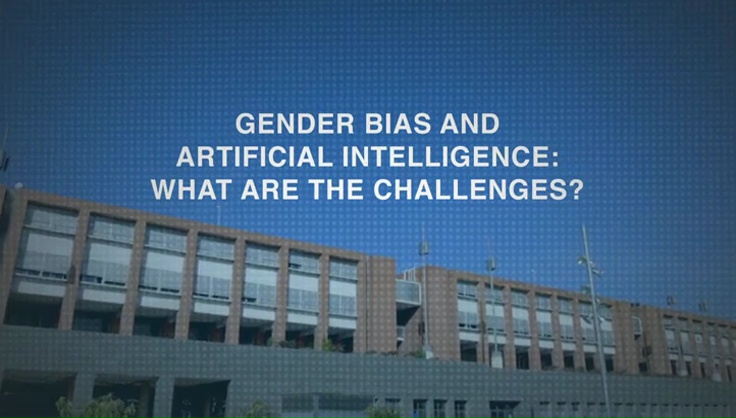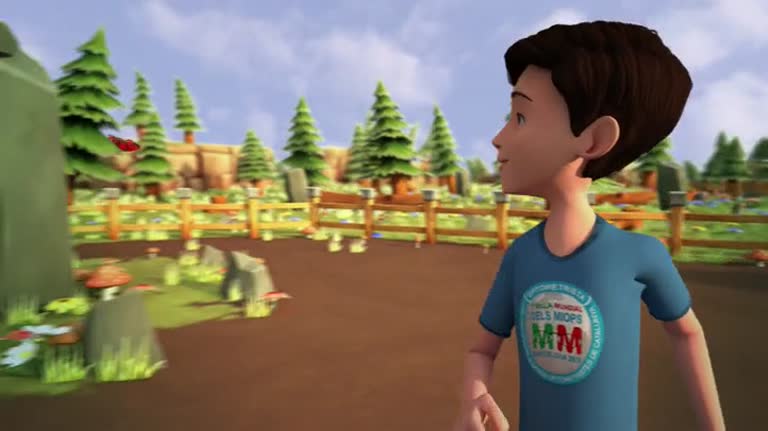Urban mobility and how to reassure users after COVID-19; future jobs and forms of employment, particularly working from home and work-life balance; the transformation of education and learning; and the importance of verifying information to combat fake news—these are the four challenges set this year in the seventh edition of Challenge-Based Innovation (CBI), a programme organised by @IdeaSquare and the innovation department at CERN to encourage multidisciplinary teams of students to work together with researchers and teachers from different entities on new solutions for the future of humanity.
Eight university teams consisting of 42 students from the Universitat Politècnica de Catalunya · BarcelonaTech (UPC), Esade and the IED Barcelona of 19 nationalities, presented their prototypes online after months of work sharing knowledge with CERN scientists. The projects have been in development since September in partnership with Fusion Point, the co-working area shared by the three institutions on the Rambla de la Innovació, on Esade’s Sant Cugat del Vallès campus.
This year’s participants worked online with CERN teams to address some of today’s social issues using cutting-edge technologies developed by the scientific institution. The projects include proposals to reassure users of public transport following COVID-19, systems to increase the motivation of people working from home, technology to facilitate distance learning by people with autism and apps to verify posts on social media. Each challenge was developed by two teams of students from different universities who defined them according to sustainable development goals.
Vídeos de la mateixa sèrie
Ways to protect your software project and Open Source Software
Features and requirements for Software-based Patents
Software & Entrepreneurship – the case of Mitiga Solutions and Nearby Computing
Challenge Based Innovation 2020: solutions for the future of humanity
Eight university teams consisting of 42 students from the Universitat Politècnica de Catalunya · BarcelonaTech (UPC), Esade and the IED Barcelona of 19 nationalities, presented their prototypes online after months of work sharing knowledge with CERN scientists. The projects have been in development since September in partnership with Fusion Point, the co-working area shared by the three institutions on the Rambla de la Innovació, on Esade’s Sant Cugat del Vallès campus.
This year’s participants worked online with CERN teams to address some of today’s social issues using cutting-edge technologies developed by the scientific institution. The projects include proposals to reassure users of public transport following COVID-19, systems to increase the motivation of people working from home, technology to facilitate distance learning by people with autism and apps to verify posts on social media. Each challenge was developed by two teams of students from different universities who defined them according to sustainable development goals.







